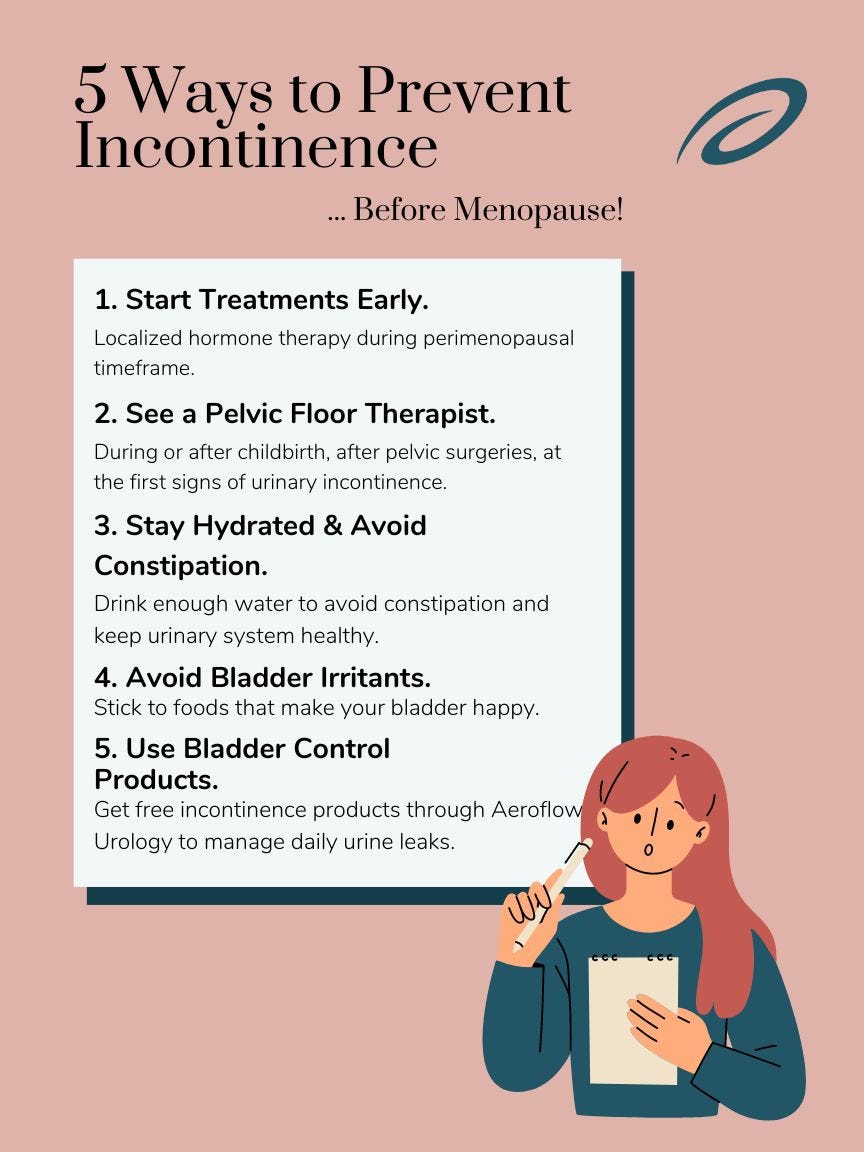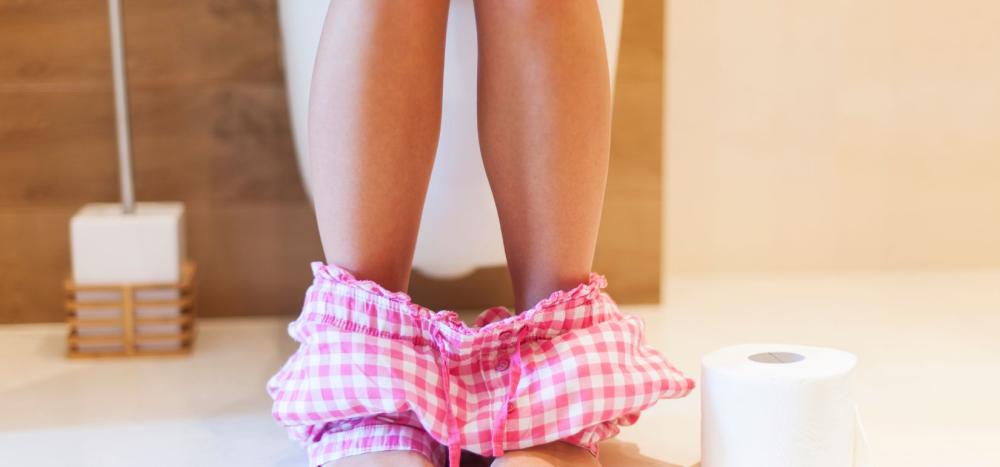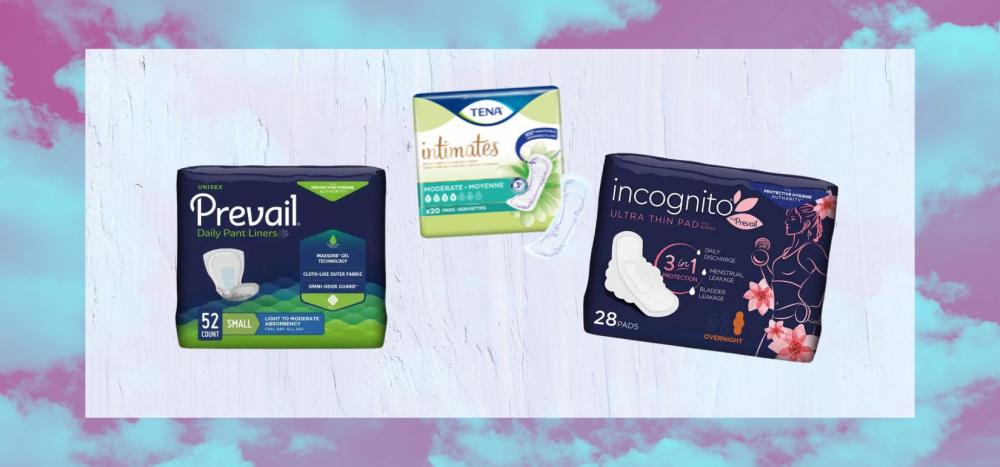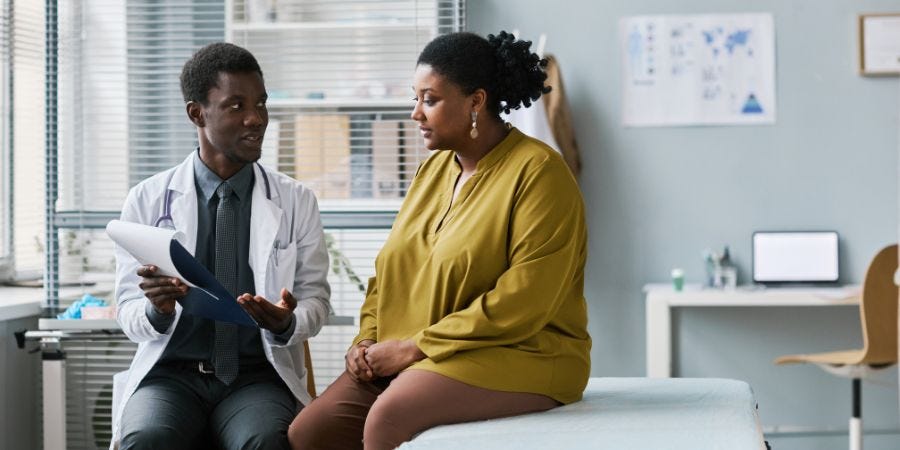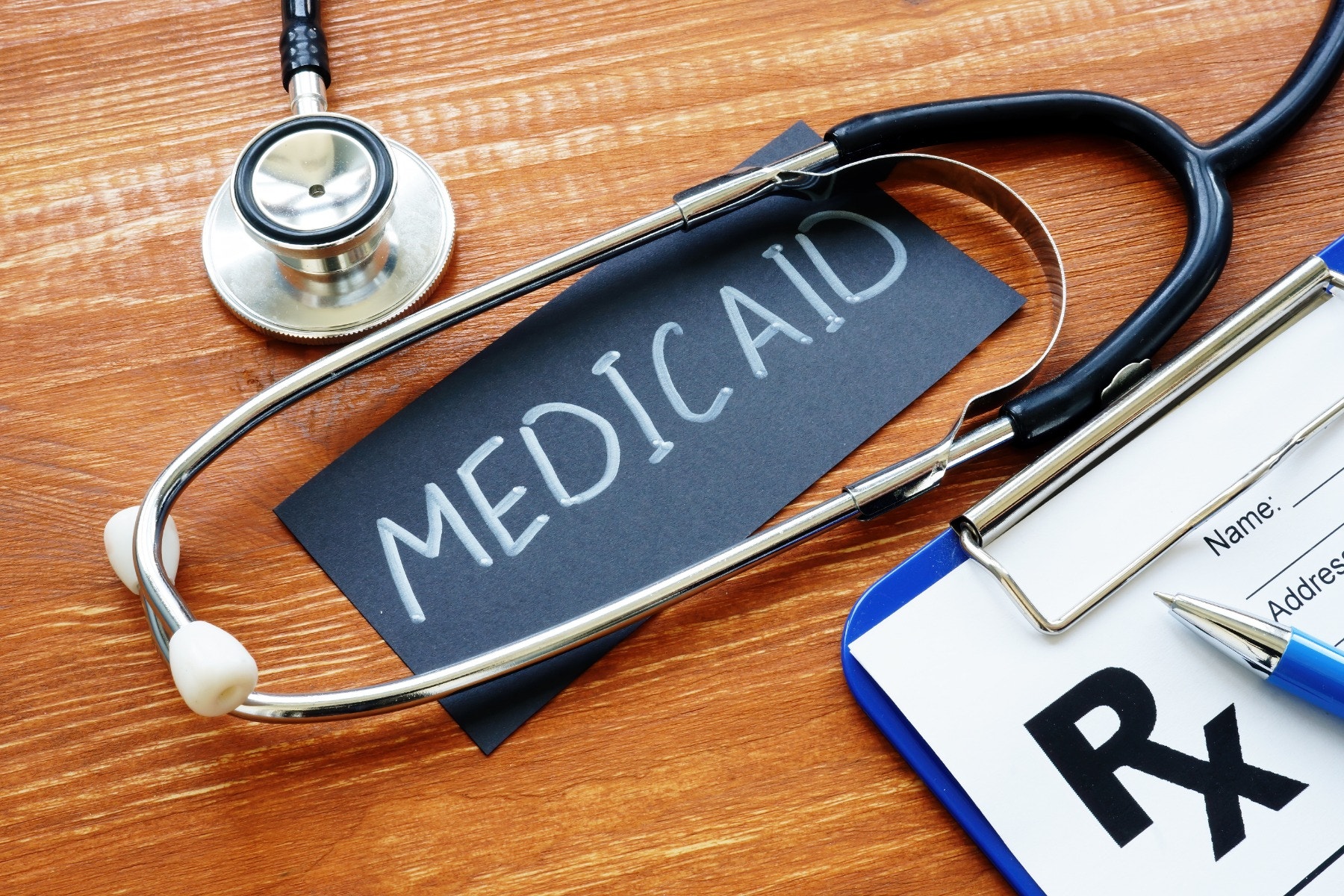Menopause is an inevitable part of life for women's health as they get older.
We hear about a lot of the typical symptoms of menopause - mood changes, hot flashes, and menstrual changes. However, one side effect that isn’t often addressed is urinary incontinence.
Menopause can cause urinary incontinence secondary to the hormonal changes that occur in the genitourinary tract. Learn how to manage your symptoms and reverse incontinence in this article.
Why Do Women Experience Incontinence With Menopause?
Loss of estradiol and testosterone from the ovaries during the menopause transition leaves the receptors in the genitourinary tract less stimulated, causing thinning of the support structures. This leaves the structures weak and unable to support the bladder properly which can then cause thinning of the urethra and lead to stress incontinence.
Check Your Eligibility
In 2 easy steps!
Discover the bladder control supplies covered by your Medicaid plan.
The thinning of the anterior vaginal wall can leave the bladder muscles less supported which can also cause urge incontinence in women.
Is Incontinence With Menopause Permanent?
Unless treated, the incontinence will not resolve and will worsen throughout menopause. However, once interventions have been implemented and incontinence improves, those treatments will have to continue to be implemented or the incontinence will return. Therefore, there is no “cure” for incontinence in menopausal women, only management and treatment of symptoms.
The lack of cure can definitely cause a lot of frustration for older women when having to continue with treatment options. Unfortunately, the effects of menopause are not reversible and will continue when estradiol and testosterone are not produced in the body secondary to ovarian failure due to menopause.
Treatments for Incontinence During Menopause
There is no absolute cure for urinary incontinence, or the loss of bladder control.
However, we can treat the incontinence symptoms to improve quality of life with some simple lifestyle changes. Our rule of thumb is to have more good days than bad days when it comes to managing incontinence.
Depending on the type of urinary incontinence and the reason for the incontinence, this will help indicate the level of improvement that is possible. Every individual is different, and if there have been some underlying discrepancies prior to menopause (pregnancy, vaginal delivery with trauma, previous pelvic surgeries such as hysterectomy, or other comorbidities including diabetes or nerve damage), this can worsen the situation making it more difficult to improve as much as we would hope.
Treatment Options
- Replacing local hormones with estradiol or DHEA creams or suppositories.
- Diet modifications with avoidance of bladder irritating foods and beverages (citrus, caffeine, spicy foods, tomato-based products).
- Staying hydrated. Specifically with water and drinking small amounts frequently. For instance, I recommend around 4-6oz every hour from 7am to 7pm (this gives you 48-64oz of water daily and when you drink slowly, you fill the bladder slower, allowing for avoidance of filling too fast which can cause sudden urgency).
- Starting pelvic floor physical therapy. A pelvic floor physical therapist is a personal trainer for your pelvic floor muscles! Kegel exercises alone do not always improve female urinary incontinence. It is vital to have your entire core evaluated and strengthened.
- Supplementing medications. Anticholinergics, beta adrenergics, and others can help along with guidance from a medical provider.
- Treating underlying comorbidities (incomplete bladder emptying secondary to prolapse, diabetes, hypertension, increased central girth, etc).
- Implementing healthy weight loss if an individual is experiencing increased central girth (central obesity). The excess weight can cause increased abdominal pressure which can cause stress the pelvic floor muscles and result in loss of urine.
Remember, combination therapy with localized hormone creams, oral medications, other treatment options, and pelvic floor exercises shows optimal improvement when done together vs. individually. Surgery should be reserved as the last possible option, as this is not always the best long term option for incontinence treatment.
How to Prevent Incontinence During Menopause
- Start Treatments Early. Starting the above treatments / interventions before menopause begins is a great way to prevent urinary incontinence. Specifically, starting localized hormone therapy can be helpful in the perimenopausal time frame.
- See a Pelvic Floor Therapist. Seeing a pelvic floor physical therapist before, during, and after having a baby is extremely helpful, as well. It is important to see a pelvic floor physical therapist at the first signs of urinary incontinence or after a pelvic surgery (especially a hysterectomy). It is worth noting that most pelvic floor physical therapists will need a referral from a healthcare provider.
- Stay Hydrated & Avoid Constipation. You can also help avoid urinary incontinence by avoiding constipation and staying hydrated.
- Avoid Bladder Irritants. Eat foods that do not cause bladder irritation to keep your urinary system healthy (some people can have tomato based products that do not cause incontinence, however some cannot).
- Use Bladder Control Products. If you’re experiencing bladder control problems as a result of your menopause, there are a plethora of treatment options available. If you need incontinence products to supplement your treatment, Aeroflow Urology can provide you with bladder control supplies specific to your unique needs and level of bladder leakage. Simply fill out our secure Eligibility Form and our Continence Care Specialists will reach out in 2 business days to confirm your coverage options. They'll also send you free samples of products so you choose the right ones for your unique needs. Then, your products will be shipped directly to your door every month.
Disclaimer
Information provided on the Aeroflow Urology blog is not intended as a substitute to medical advice or care from a healthcare professional. Aeroflow recommends consulting your healthcare provider if you are experiencing medical issues relating to incontinence.


